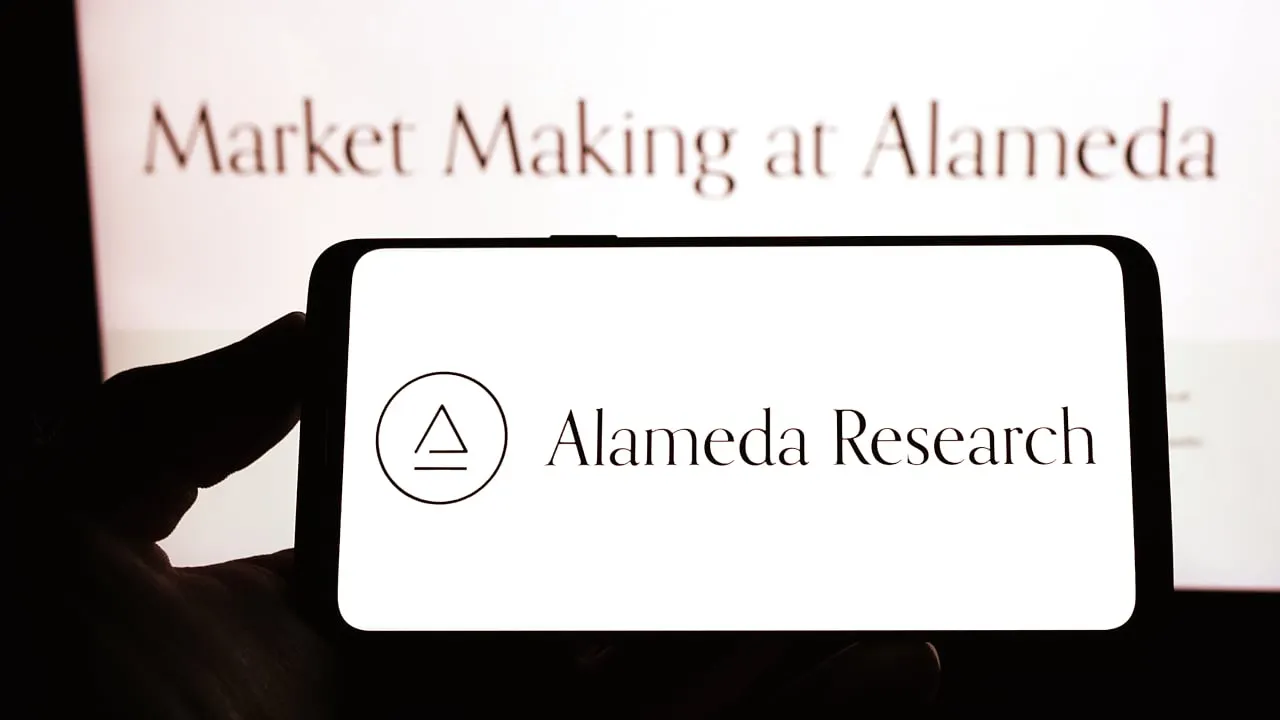Alameda Research has said it needs more time to assemble co-plaintiffs in its lawsuit against Grayscale that seeks to unlock billions of dollars in investments from two of Grayscale's trusts.
The FTX affiliate requested until September 15 to respond to Grayscale’s motion to dismiss the lawsuit, which Grayscale indicated it did not oppose, according to a court filing. Alameda said an anticipated co-plaintiff it needed to find to proceed with the lawsuit had inexplicably bowed out.
“It was no longer prepared to join the litigation, at least at this time,” the lawsuit’s plaintiffs said. “The shareholder declined to explain why it had changed its mind.”
Time to assemble additional plaintiffs will allow Alameda to have “sufficient shares” outstanding in two of Grayscale’s trusts. Plaintiffs need 10% of the shares outstanding to bring a derivative lawsuit—one brought by shareholders on behalf of the corporation—according to Grayscale’s agreement for its Bitcoin Trust (GBTC).
Alameda sued Grayscale and its parent company Digital Currency Group (DCG) in March. The lawsuit also asserted claims against Grayscale CEO Michael Sonnenshein and DCG owner Barry Silbert.
The lawsuit, filed in the Court of Chancery in Delaware, claimed an “improper redemption ban” regarding Grayscale’s Bitcoin and Ethereum Trusts prevents FTX’s debtors and creditors from realizing around $250 million in value.
The lawsuit’s goal is to “unlock $9 billion or more in value for shareholders” by instituting a redemption plan for both trusts and reducing their associated fees, according to a press release from FTX.
FTX, once a leading crypto exchange, collapsed last November, leaving countless investors burned in its wake. Alameda, FTX's sister company, is accused of making risky bets with customer cash that was improperly commingled. Sam Bankman-Fried, founder of both companies, faces multiple criminal charges related to the collapse of the firms.
As FTX’s new leadership, under John Ray III, seeks to minimize the haircut debtors and creditors receive in Chapter 11 bankruptcy, suing Grayscale over “redemptions of shares” the firm says “are not currently authorized” could become moot.
Grayscale is engaged in a lawsuit with the Securities and Exchange Commission (SEC) that—if it wins—would fix redemption issues with GBTC by allowing Grayscale to convert the trust into a Bitcoin ETF. An ETF is an investment vehicle that tracks the value of an underlying asset. A Bitcoin ETF would allow investors to gain exposure to Bitcoin without the need to buy and hold the asset directly, but the SEC has been reluctant to approve such a product over concerns that the crypto market is easily manipulated.
Su Zhu, a co-founder of the now-bankrupt hedge fund Three Arrows Capital, pointed to GBTC’s illiquid nature as one of the reasons his company collapsed amid a credit squeeze following Terra and Luna’s high-profile implosion last summer.
“The lawsuit filed by Sam Bankman-Fried’s hedge fund, Alameda Research, is entirely without merit,” a Grayscale spokesperson told Decrypt.
Quinn Emanuel Urquhart & Sullivan, the law firm representing FTX debtors in Alameda’s case, did not immediately respond to a request for comment from Decrypt.
Alameda was granted an extension in late July that gave them until August 4 to find the co-plaintiffs it needed, according to the court filing. And while the last deadline was missed, the FTX affiliate says it believes “an additional six weeks will be sufficient” in terms of culling shareholders to participate alongside it.
“Over 45 parties, including dozens of individuals and numerous funds and family offices, have already indicated they are willing to participate as additional plaintiffs,” plaintiffs said, adding they “have contacted hundreds of shareholders and received outreach from thousands more they have not yet had an opportunity to contact.”

